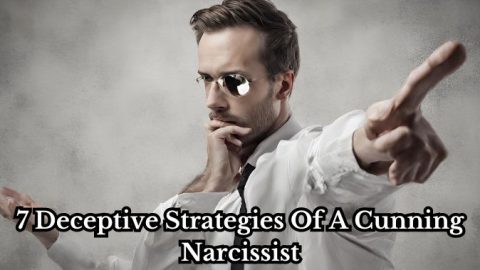Healing and Recovery
9. Self-Care
Recovering from a relationship with a narcissist requires self-care. Partners should prioritize their emotional well-being and seek support from friends, family, or therapists.
10. Setting Boundaries
Setting and enforcing boundaries is crucial in dealing with a narcissist. Partners must communicate their needs and expectations clearly and be prepared to walk away if those boundaries are not respected.
Conclusion
The pain experienced in a relationship with a narcissist is a result of the emotional rollercoaster, manipulation, and emotional scars they leave behind. Recognizing the dynamics at play and prioritizing self-care and healing are essential steps toward recovery.
FAQs
Can a narcissist change and become less hurtful in a relationship?
While change is possible, it is rare for narcissists to undergo significant behavioral changes without professional intervention and a strong desire to change. It’s essential to focus on your well-being regardless of their potential for change.
How can partners of narcissists rebuild their self-esteem after the relationship?
Rebuilding self-esteem often involves seeking support from therapists or counselors who can help partners work on self-worth and coping strategies.
What are some self-care practices that can help when dealing with the pain of a narcissistic relationship?
Self-care practices may include therapy, meditation, exercise, maintaining a social support network, and engaging in hobbies and activities that bring joy.
Is it possible for a narcissist to genuinely love their partner?
While narcissists may have moments of affection and attachment, their self-centeredness often takes precedence over genuine love and empathy.
How can setting boundaries with a narcissist help in a relationship?
Setting boundaries involves clear communication of one’s needs and expectations, along with being prepared to enforce consequences when boundaries are crossed. It can help protect a partner’s emotional well-being.




